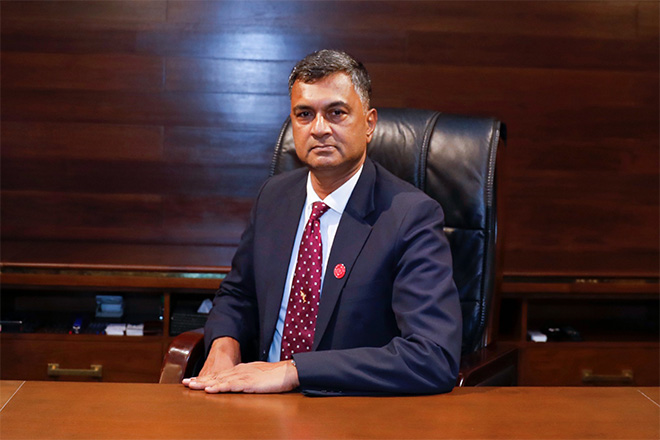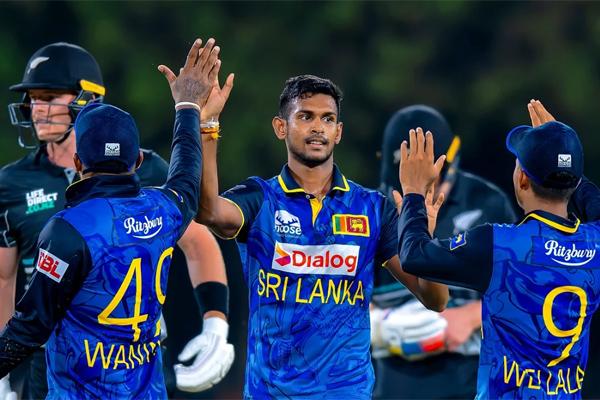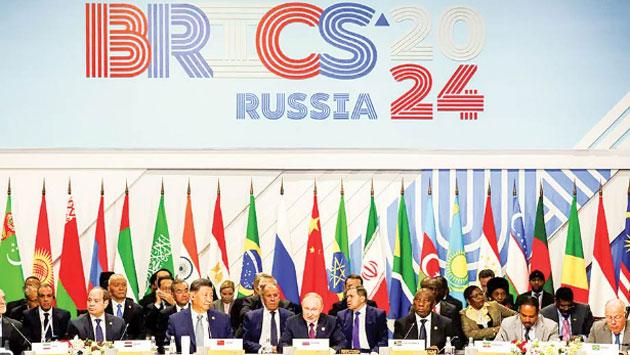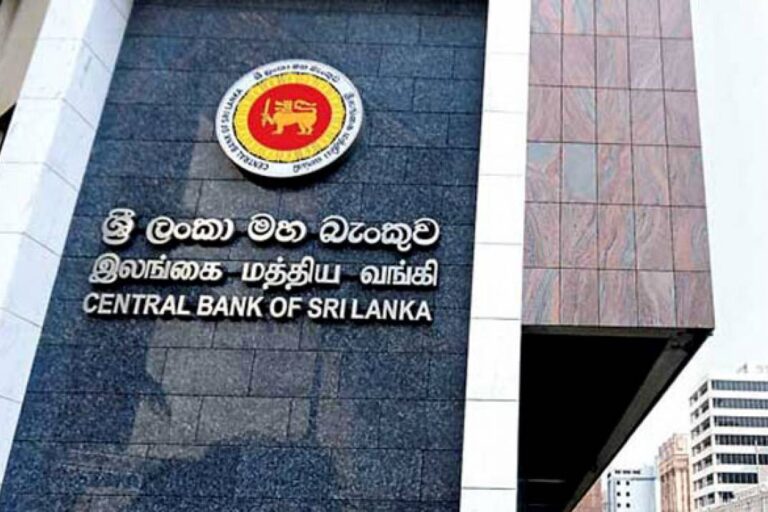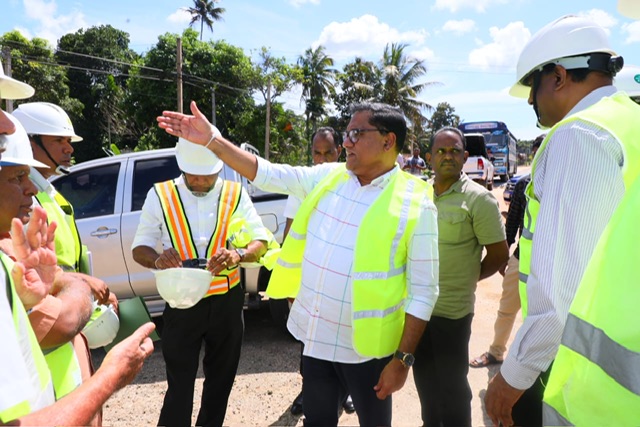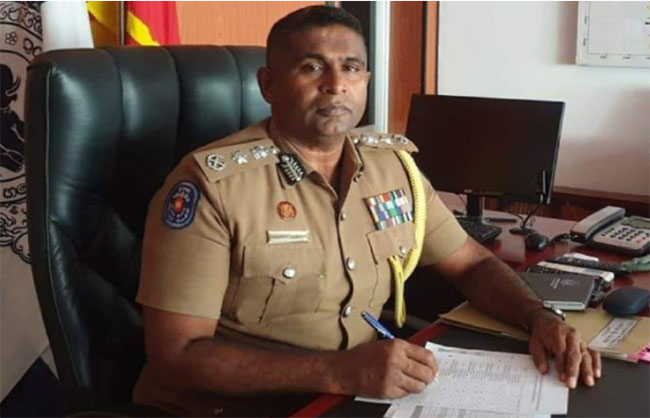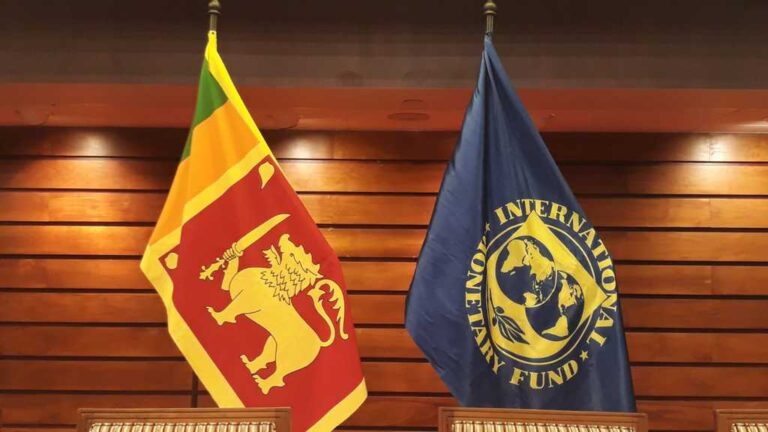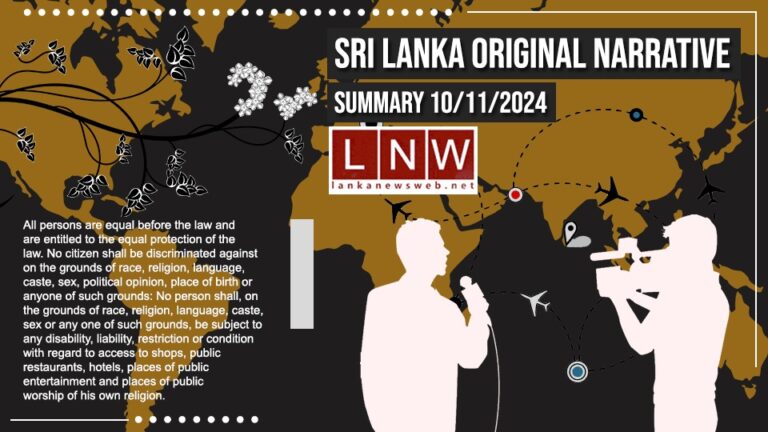By: Isuru Parakrama
November 10, Colombo (LNW): A new report from the United Nations Food and Agriculture Organisation (FAO) reveals that hidden costs within global agrifood systems amount to a staggering US$ 12 trillion annually, with the majority linked to health issues arising from unhealthy diets.
According to the latest State of Food and Agriculture (SOFA) report, these health-related costs, primarily tied to non-communicable diseases (NCDs) such as heart disease, diabetes, and stroke, make up around US$ 8 trillion of this total.
The report emphasises that dietary choices are exacting a significant toll on public health, outweighing environmental and social costs within the food supply chain.
This figure highlights a substantial increase from the previous SOFA findings, which calculated hidden costs at US$ 10 trillion.
By using true cost accounting, researchers aimed to capture the full scope of costs and benefits linked to food production and consumption, including “hidden” expenses not factored into market prices.
FAO’s analysis identifies 13 key dietary risk factors contributing to these hidden health costs.
These include insufficient intake of fruits, vegetables, and whole grains, as well as high consumption of sodium, red meats, and processed foods.
These dietary habits contribute heavily to NCDs and impose long-term financial strains on both individuals and healthcare systems.
Beyond health, the report also sheds light on the environmental costs tied to current agricultural practices. Greenhouse gas emissions, land degradation, water pollution, and nitrogen runoff are among the significant environmental impacts, especially in regions with rapidly diversifying agrifood systems.
These environmental costs, which are projected at US$ 720 billion, are disproportionately high in middle-income countries undergoing agrifood system transformations, according to FAO’s framework that classifies these systems into six types: protracted crisis, traditional, expanding, diversifying, formalising, and industrial.
Countries in the “protracted crisis” category experience the highest relative environmental costs, equivalent to 20 per cent of their GDP. In these regions, challenges such as undernourishment and poverty compound, leading to social costs amounting to 18 per cent of GDP.
Meanwhile, traditional agrifood systems, often in low-income countries, also experience high social costs linked to food insecurity and undernutrition, equivalent to about eight per cent of GDP.
FAO Director-General Qu Dongyu called for coordinated efforts to reframe global food systems, stressing the need for them to become more sustainable, inclusive, resilient, and efficient.
Such changes, he went on, are vital to meeting the Sustainable Development Goals (SDGs), particularly those focused on health, environmental sustainability, and reducing inequalities.



